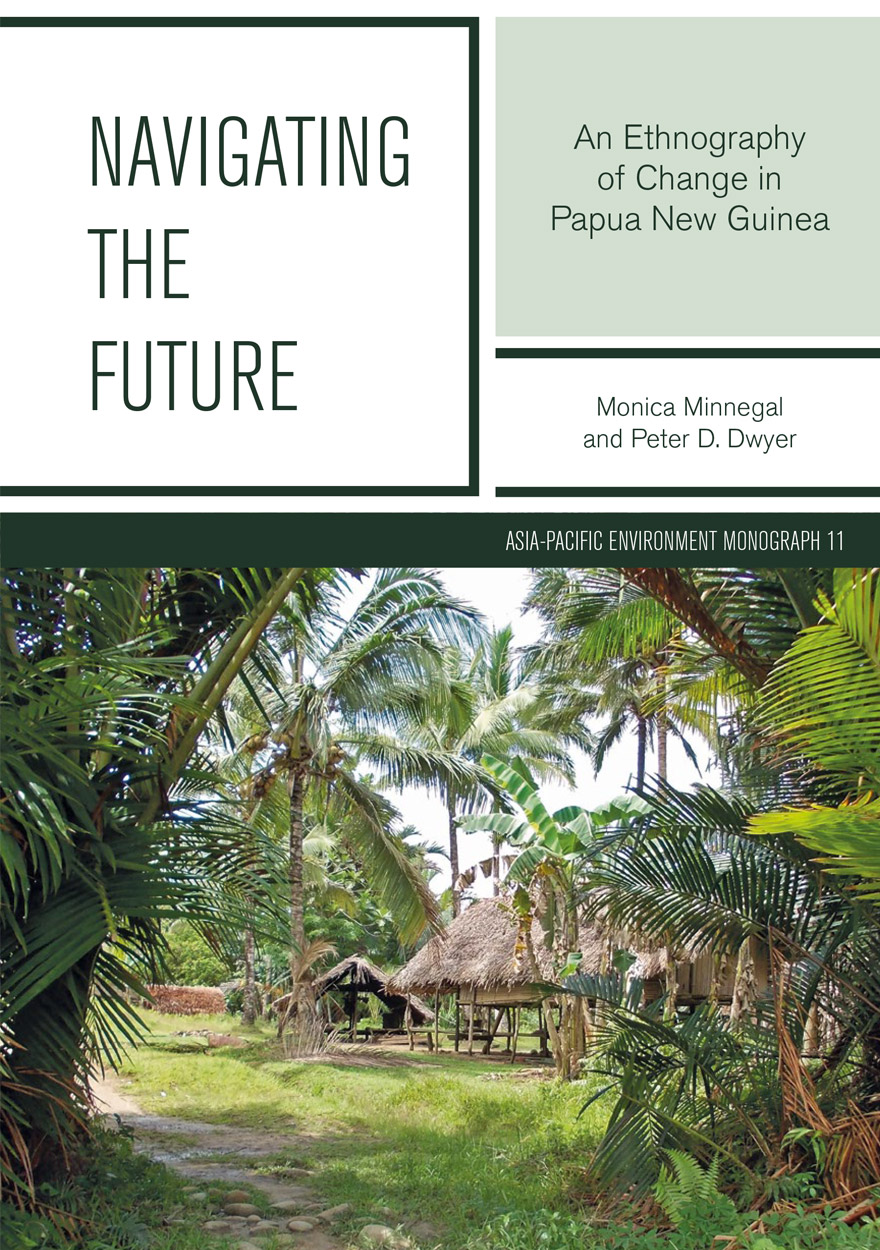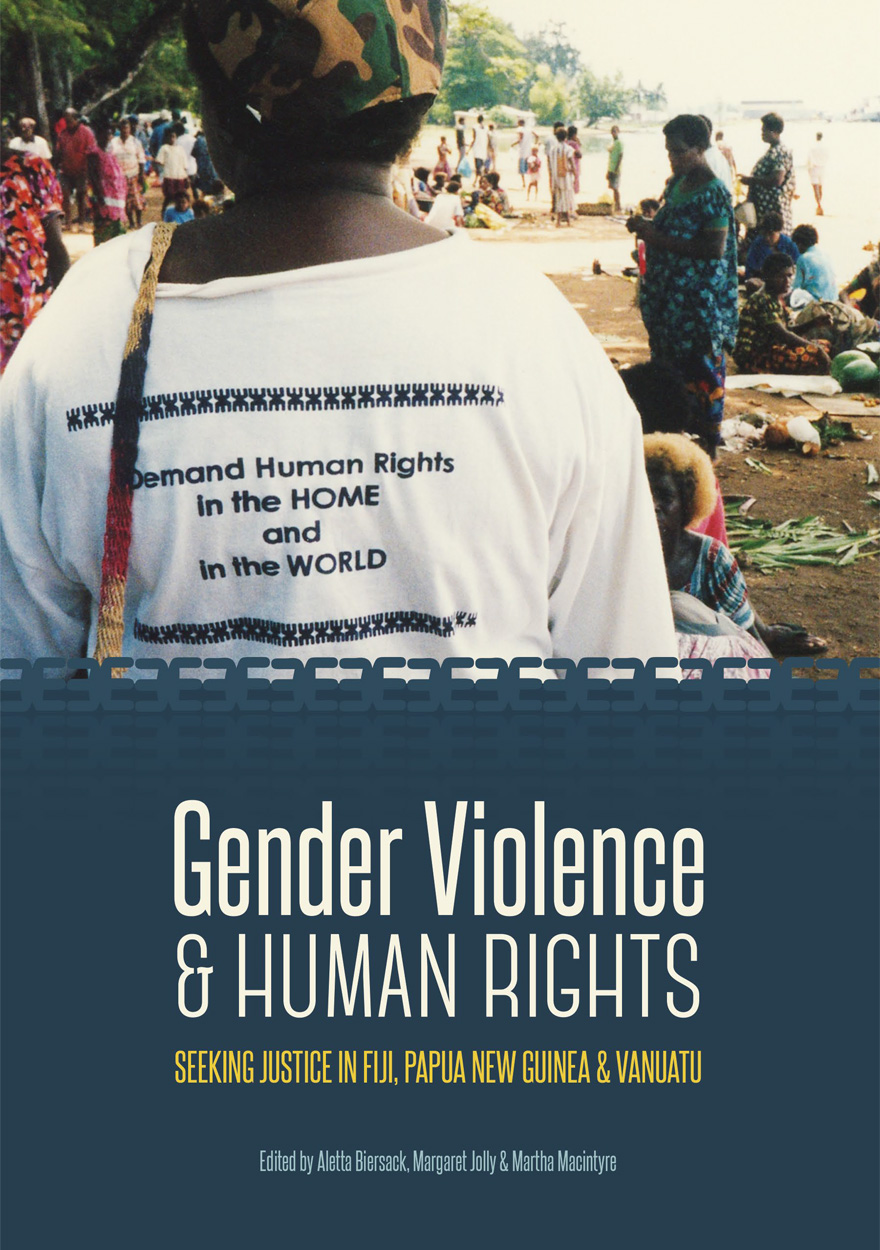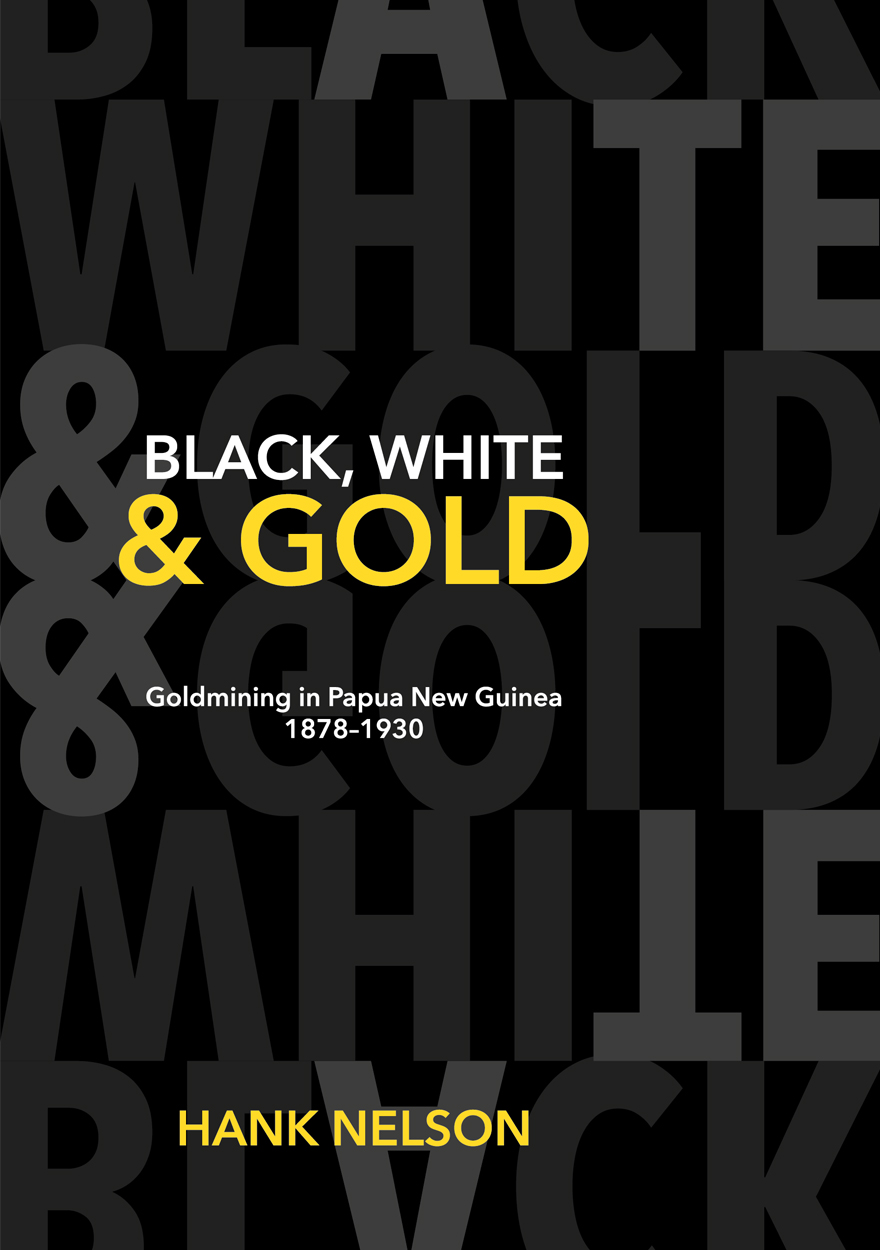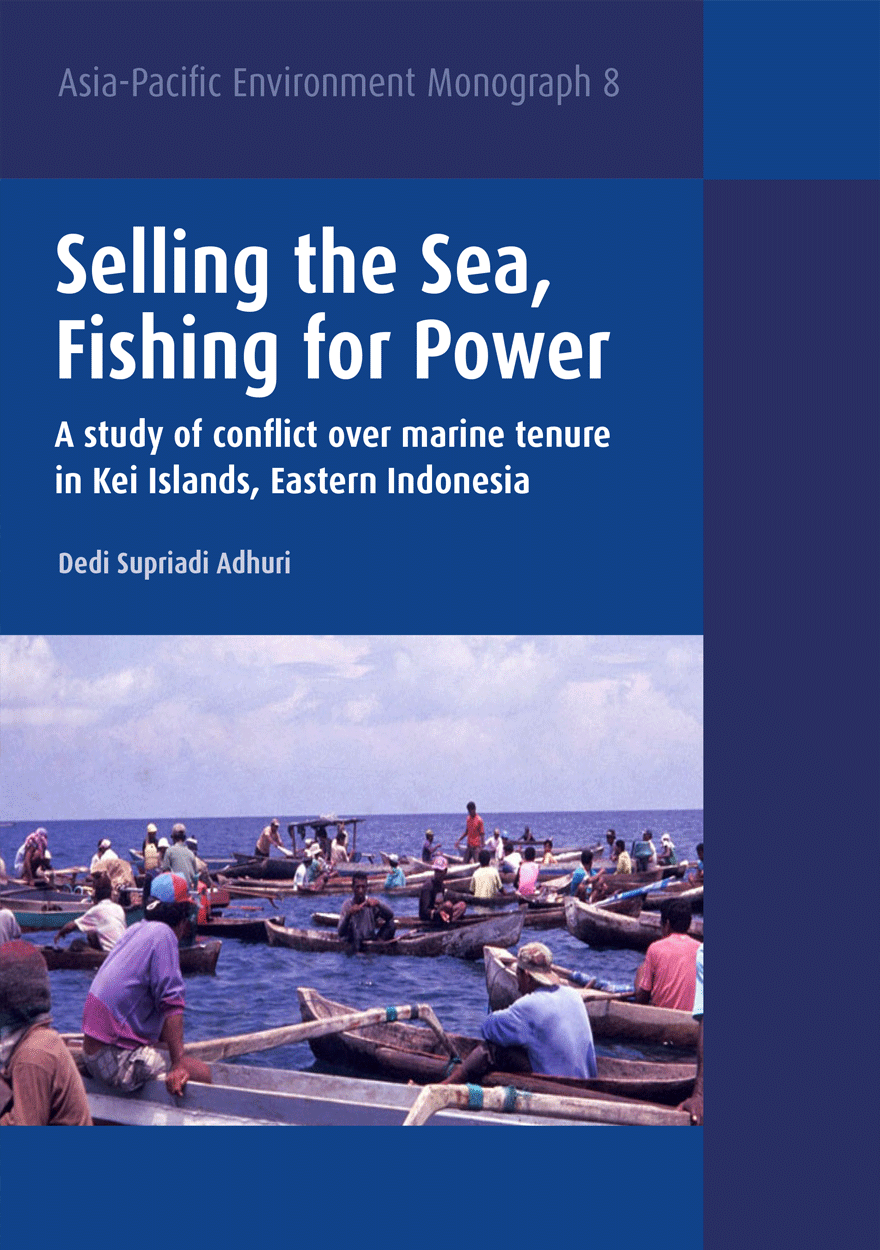Books
Browse or search ANU Press' range of books or find out more about the publications' authors and co-publishers. Download the book for free or buy a print-on-demand copy.
Displaying results 21 to 30 of 41.

Finding the Enemy Within »
Blasphemy Accusations and Subsequent Violence in Pakistan
Authored by: Sana Ashraf
Publication date: September 2021
In the past decade, Pakistan has witnessed incidents such as the public lynching of a student on a university campus, a Christian couple being torched alive, attacks on entire neighbourhoods by angry mobs and the assassination of a provincial governor by his own security guard over allegations of blasphemy. Finding the Enemy Within unpacks the meanings and motivations behind accusations of blasphemy and subsequent violence in Pakistan.
This is the first ethnographic study of its kind analysing the perspectives of a range of different actors including accusers, religious scholars and lawyers involved in blasphemy-related incidents in Pakistan. Bringing together anthropological perspectives on religion, violence and law, this book reworks prevalent analytical dichotomies of reason/emotion, culture/religion, traditional/Western, state/nonstate and legal/extralegal to extend our understanding of the upsurge of blasphemy-related violence in Pakistan.
Through the case study of blasphemy accusations in Pakistan, this book addresses broader questions of difference, individual and collective identities, social and symbolic boundaries, and conflict and violence in modern nation-states.

Towards Human Rights Compliance in Australian Prisons »
Authored by: Anita Mackay
Publication date: November 2020
Imprisoned people have always been vulnerable and in need of human rights protections. The slow but steady growth in the protection of imprisoned people’s rights over recent decades in Australia has mostly come from incremental change to prison legislation and common law principles. A radical influence is about to disrupt this slow change.
Australian prisons and other closed environments will soon be subject to international inspections by the United Nations Subcommittee on the Prevention of Torture (SPT). This is because the Australian Government ratified the Optional Protocol to the Convention Against Torture and other Cruel, Inhuman or Degrading Treatment or Punishment (OPCAT) in December 2017.
Australia’s international human rights law obligations as they apply to prisons are complex and stem from multiple Treaties. This book distils these obligations into five prerequisites for compliance, consistent with the preventive focus of the OPCAT. They are:
reduce reliance on imprisonment
align domestic legislation with Australia’s international human rights law obligations
shift the focus of imprisonment to the goal of rehabilitation and restoration
support prison staff to treat imprisoned people in a human rights–consistent manner
ensure decent physical conditions in all prisons.
Attention to each of these five areas will help all levels of Australian government and prison managers take the steps required to move towards compliance. Human-rights led prison reform is necessary both to improve the lives of imprisoned people and for Australia to achieve compliance with the international human rights legal obligations to which it has voluntarily committed itself.
Awarded the 2021 Australian and New Zealand Society of Criminology (ANZSOC) Christine M Alder book award for ‘an outstanding monograph or book which, in the opinion of the judges, has made a valuable and outstanding contribution to criminology’.

The Neoliberal State, Recognition and Indigenous Rights »
New paternalism to new imaginings
Edited by: Deirdre Howard-Wagner, Maria Bargh, Isabel Altamirano-Jiménez
Publication date: July 2018
The impact of neoliberal governance on indigenous peoples in liberal settler states may be both enabling and constraining. This book is distinctive in drawing comparisons between three such states—Australia, Canada and New Zealand. In a series of empirically grounded, interpretive micro-studies, it draws out a shared policy coherence, but also exposes idiosyncrasies in the operational dynamics of neoliberal governance both within each state and between them. Read together as a collection, these studies broaden the debate about and the analysis of contemporary government policy.
The individual studies reveal the forms of actually existing neoliberalism that are variegated by historical, geographical and legal contexts and complex state arrangements. At the same time, they present examples of a more nuanced agential, bottom-up indigenous governmentality. Focusing on intense and complex matters of social policy rather than on resource development and land rights, they demonstrate how indigenous actors engage in trying to govern various fields of activity by acting on the conduct and contexts of everyday neoliberal life, and also on the conduct of state and corporate actors.

Navigating the Future »
An Ethnography of Change in Papua New Guinea
Authored by: Monica Minnegal, Peter D. Dwyer
Publication date: June 2017
Navigating the Future draws on long-term ethnographic fieldwork with Kubo people and their neighbours, in a remote area of Papua New Guinea, to explore how worlds are reconfigured as people become increasingly conscious of, and seek to draw into their own lives, wealth and power that had previously lain beyond their horizons. In the context of a major resource extraction project—the Papua New Guinea Liquefied Natural Gas (PNG LNG) Project–taking shape in the mountains to the north, the people in this area are actively reimagining their social world. This book describes changes in practice that result, tracing shifts in the ways people relate to the land, to each other and to outsiders, and the histories of engagement that frame those changes. Inequalities are emerging between individuals in access to paid work, between groups in potential for claiming future royalties, and between generations in access to information. As people at the village of Suabi strive to make themselves visible to the state and to petroleum companies, as legal entities entitled to receive benefits from the PNG LNG Project, they are drawing new boundaries around sets of people and around land and declaring hierarchical relationships between groups that did not exist before. They are struggling to make sense of a bureaucracy that is foreign to them, in a place where the state currently has minimal presence. A primary concern of Navigating the Future is with the processes through which these changes have emerged, as people seek to imagine—and work to bring about—a radically different future for themselves while simultaneously reimagining their own past in ways that validate those endeavours.

Regulatory Theory »
Foundations and applications
Edited by: Peter Drahos
Publication date: February 2017
This volume introduces readers to regulatory theory. Aimed at practitioners, postgraduate students and those interested in regulation as a cross-cutting theme in the social sciences, Regulatory Theory includes chapters on the social-psychological foundations of regulation as well as theories of regulation such as responsive regulation, smart regulation and nodal governance. It explores the key themes of compliance, legal pluralism, meta-regulation, the rule of law, risk, accountability, globalisation and regulatory capitalism. The environment, crime, health, human rights, investment, migration and tax are among the fields of regulation considered in this ground-breaking book. Each chapter introduces the reader to key concepts and ideas and contains suggestions for further reading. The contributors, who either are or have been connected to the Regulatory Institutions Network (RegNet) at The Australian National University, include John Braithwaite, Valerie Braithwaite, Peter Grabosky, Neil Gunningham, Fiona Haines, Terry Halliday, David Levi-Faur, Christine Parker, Colin Scott and Clifford Shearing.

What if we could reimagine copyright? »
Edited by: Rebecca Giblin, Kimberlee Weatherall
Publication date: January 2017
What if we could start with a blank slate, and write ourselves a brand new copyright system? What if we could design a law, from scratch, unconstrained by existing treaty obligations, business models and questions of political feasibility? Would we opt for radical overhaul, or would we keep our current fundamentals? Which parts of the system would we jettison? Which would we keep? In short, what might a copyright system designed to further the public interest in the current legal and sociological environment actually look like?
Taking this thought experiment as their starting point, the leading international thinkers represented in this collection reconsider copyright’s fundamental questions: the subject matter that should be protected, the ideal scope and duration of those rights, and how it should be enforced. Tackling the biggest challenges affecting the current law, their essays provocatively explore how the law could better secure to creators the fruits of their labours, ensure better outcomes for the world’s more marginalised populations and solve orphan works. And while the result is a collection of impossible ideas, it also tells us much about what copyright could be – and what prescriptive treaty obligations currently force us to give up. The book shows that, reimagined, copyright could serve creators and the broader public far better than it currently does – and exposes intriguing new directions for achievable reform.

Gender Violence & Human Rights »
Seeking Justice in Fiji, Papua New Guinea and Vanuatu
Publication date: December 2016
The postcolonial states of Fiji, Papua New Guinea and Vanuatu operate today in a global arena in which human rights are widely accepted. As ratifiers of UN treaties such as the Convention on the Elimination of All Forms of Discrimination against Women and the Convention on the Rights of the Child, these Pacific Island countries have committed to promoting women’s and girls’ rights, including the right to a life free of violence. Yet local, national and regional gender values are not always consistent with the principles of gender equality and women’s rights that undergird these globalising conventions. This volume critically interrogates the relation between gender violence and human rights as these three countries and their communities and citizens engage with, appropriate, modify and at times resist human rights principles and their implications for gender violence. Grounded in extensive anthropological, historical and legal research, the volume should prove a crucial resource for the many scholars, policymakers and activists who are concerned about the urgent and ubiquitous problem of gender violence in the western Pacific.
‘This is an important and timely collection that is central to the major and contentious issues in the contemporary Pacific of gender violence and human rights. It builds upon existing literature … but the contributors to this volume interrogate the connection between these two areas deeply and more critically … This book should and must reach a broad audience.’
— Jacqui Leckie, Associate Professor, Anthropology and Archaeology, University of Otago
‘The volume addresses the tensions between human and cultural, individual and collective rights, as played out in the domain of gender … Gender is a perfect lens for exploring these tensions because cultural rights are often claimed in defence of gender oppression and because women often have imposed upon them the burden of representing cultural traditions in attire, comportment, restraint or putatively cultural conservatism. And Melanesia is a perfect place to consider these gendered issues because of the long history of ethnocentric representations of the region, because of the extent to which these are played out between states and local cultures and because of the efforts of the vibrant women’s movements in the region to develop locally workable responses to the problems of gender violence in these communities.’
— Christine Dureau, Senior Lecturer, Anthropology, University of Auckland

Black, White and Gold »
Goldmining in Papua New Guinea 1878–1930
Authored by: Hank Nelson
Publication date: July 2016
Australian goldminers were among the first white men to have sustained contact with Papua New Guineans. Some Papua New Guineans welcomed them, worked for them, traded with them and learnt their skills and soon were mining on their own account. Others met them with hostility, either by direct confrontation or by stealthy ambush. Many of the indigenous people and some miners were killed.
The miners were dependent on the local people for labourers, guides, producers of food and women. Some women lived willingly in the miners’ camps, a few were legally married, and some were raped.
Working conditions for Papua New Guineans on the claims were mixed; some being well treated by the miners, others being poorly housed and fed, ill-treated, and subject to devastating epidemics. Conditions were rough, not only for them but for the diggers too.
This book, republished in its original format, shows the differences in the experience of various Papua New Guinean communities which encountered the miners and tries to explain these differences. It is a graphic description of what happens when people from vastly different cultures meet. The author has drawn on documentary sources and interviews with the local people to produce, for the first time, a lively history.

Timor-Leste's Bill of Rights »
A Preliminary History
Authored by: Annemarie Devereux
Publication date: May 2015
The Constitution of the Democratic Republic of Timor-Leste of 2002 contains over 40 human rights provisions in its Bill of Rights. In addition to providing an overview of the process leading up to the adoption of the Constitution, this book brings together information relating to each section of the Bill of Rights, presenting:
progressive texts produced during the process of the Constituent Assembly;
highlights of the arguments put forward within the Constituent Assembly concerning the draft provisions, including alternative proposals advanced;
submissions made by Timorese officials, civil society and international bodies; and
the results of consultation with the broader community before and during the constitutional process.
It is designed to be useful in particular to judges and legal practitioners called upon to interpret the Constitution, government officials and civil society actors involved in human rights work, as well as students of history and constitutional law in Timor-Leste and internationally.

Selling the Sea, Fishing for Power »
A study of conflict over marine tenure in Kei Islands, Eastern Indonesia
Authored by: Dedi Supriadi Adhuri
Publication date: March 2013
By analysing various conflicts, this book discusses the social, political, economic and legal attributes that are attached to the practice of traditional (communal) marine tenure. Selling the Sea pushes the discourse beyond the conventional approach which looks at marine tenure only as a means of resource management, and offers a more comprehensive understanding of what marine tenure is. For those working in the areas of marine resource management and fisheries, this book is a critical but also complementary reading to the conventional discourse on the issue.



